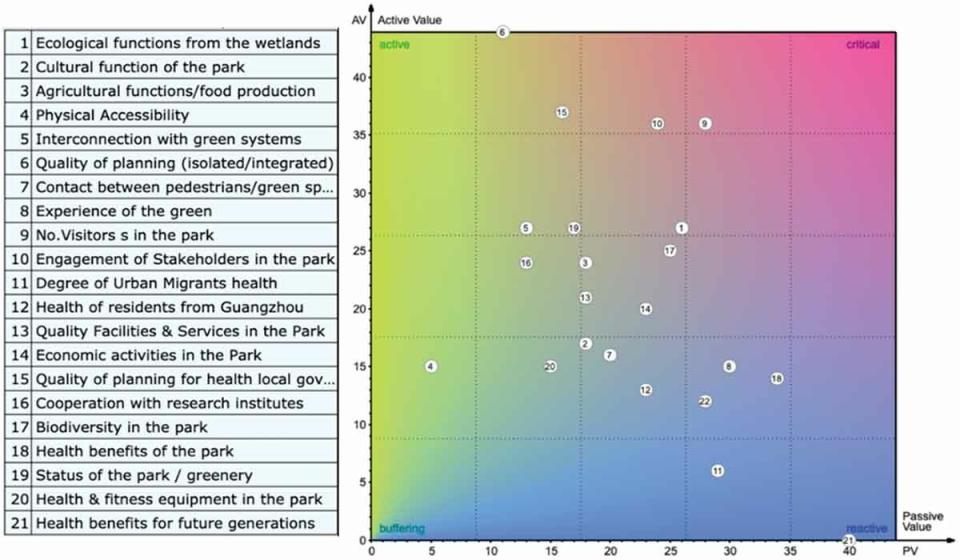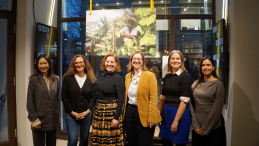The bulk of the world population is increasingly living in urban areas, and this is set to increase to 68% by 2050. While cities provide many opportunities and efficiencies, they are also hubs of numerous challenges including informal settlements, homelessness, pollution, urban sprawl, and growing inequalities. These complex urban problems demand collective urban intelligence to enable a more complete understanding of the problems, leverage the insights and experiences of the different urban stakeholders, facilitate knowledge sharing and mutual learning, and ultimately, enable better decision-making, buy-in into the decisions, and collective action towards the solutions. In contrast to urban intelligence that locates solutions within the technocentric sphere of digitalization of urban settlements (i.e., smart cities), collective urban intelligence centres the solutions in the collective capabilities that emerge from the collaboration and cooperation of urban stakeholders (i.e., smart citizens).
One of the major challenges to collective intelligence is ensuring effective and meaningful participation of the relevant stakeholders within the decision-making and problem-solving processes. This multi-faceted challenge involves harnessing the conflicting views, perspectives, interests, agendas, and expertise of the different stakeholders. It also means managing the power asymmetries that influence what questions are asked, whose voices are listened to, what insights are valued, and what decisions are made. Lastly, it is about facilitating effective communication and consistent understanding of the problems and the solutions.
We co-organized a one-week workshop, with twenty participants, to explore the role of collaborative systems modelling as an approach to facilitate collective intelligence for addressing urban planning problems. The participants in the workshop represented a diverse group of stakeholders, including town planners, academics, government officials, the private sector, and citizens. The focus of the workshop was on investigating the health co-benefits of urban greening in the city of Guangzhou in China.
The collaborative systems modelling approach employed in this workshop brings together a diverse set of stakeholders to create a model that captures the key elements and dynamics of the system (or the problem) of interest, to analyze the interdependencies and effects cycles within the system, and to explore potential solutions through simulations and if-then scenarios. The model developed surfaced “highly active” variables, that have a strong influence on the overall system, related to the role of the town planners and planning processes. The critical role of urban migrants in co-managing the health benefits of urban greening and the health benefits for future generations were highlighted as some of the strongest “reactive variables”. This modelling exercise helped surface the complex interconnections between each of the system variables.

Overall, we found that the collaborative systems modelling approach can contribute to improving decision-making and solutions to complex urban problems by:
-
Easing the participation of non-modelling expert users in the modelling process through the use of intuitive and accessible tools.
-
Facilitating improved understanding and learning by incorporating diverse views and providing a common visual canvas of the evolving system model.
-
Enabling effective decision-making through consensus building, simulations, and if-then scenarios.
-
Empowering the participants to define the relevant elements and variables of the system of interest – to collectively define what matters and what is important.
However, for effectiveness, this approach requires a skilled facilitator to orient the participants on the modelling process and on the tools employed. It also depends on having experts with a deep understanding of the domain of interest, this includes scientists, government stakeholders, and the local citizens. We learned that it was more important to have a model that was accurate than one that is complete – in other words, to have certainty in the effects system than comprehensiveness of the whole system. Lastly, quality data is needed to support the validation and refinement of the developed models.
A recently published paper discusses the workshop and the collaborative systems modelling approach in further detail and provides key recommendations for employing collaborative systems modelling toward improved collective urban intelligence.
Suggested citation: Mamello Thinyane., "Leveraging Collaborative Systems Modelling for Solving Complex Urban Problems," UNU Macau (blog), 2022-05-13, https://unu.edu/macau/blog-post/leveraging-collaborative-systems-modelling-solving-complex-urban-problems.




